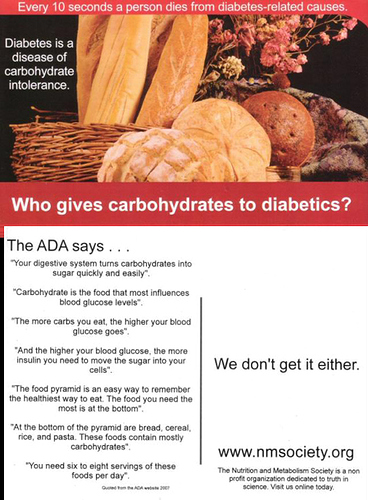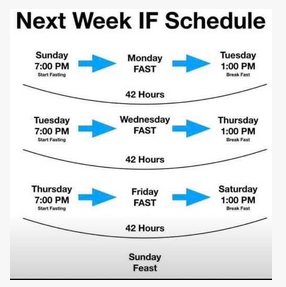Good question, Ben. I’d say somewhat, yes - cream has a little protein and a little amount of carbohydrates in it, and those are definitely working against the “fasting” part of it. It’s mostly fat, and there I think it’s different - if we’re fasting, we’re burning our own stored fat. What’s the difference if we eat a little fat? Probably some effect on stomach-related hormones? I don’t know if that would matter or not.
I think the “50 calories” thing is just silly - who in the heck came up with that?  If there would be an exception, it’d be with eating fat, as per above, and quite a few people will have butter in coffee, for example, thereby not getting enough protein/carbs to matter.
If there would be an exception, it’d be with eating fat, as per above, and quite a few people will have butter in coffee, for example, thereby not getting enough protein/carbs to matter.
Autophagy being increased is a gradual thing once we’ve emptied the stomach and the small intestine, had blood sugar and insulin begin to decline, had glucagon begin to increase, depleted most of our stored glycogen - it’s usually going to be the second or even the third day of fasting where all this is completed. If coming off eating ketogenically, then one could presume the glycogen storage is less, so things are probably sped up some hours.
One can have a low GKI while eating ketogenically, so equating that with autophagy is pretty much meaningless, there. Going from a carb-heavy diet to fasting would be somewhat different, at least. Protein is the most potent inhibitor of autophagy, and carbs have a very large effect too, so if increasing autophagy is the goal, you really want to keep those to zero. I don’t think there is any good argument for autophagy being increased with intermittent fasting - this is assuming protein is being eaten every day.
I don’t know about 20 hours, but growth hormone keeps increasing for many days - the one study I saw had it peaking at 20+ days of fasting. Again, I have to say that eating some little bit of fat shouldn’t have much of a hormonal effect on you, much different from protein/carbs.
I do think there would be an effect - the little bit of protein and carbs only every 5 days, rather than every day.



 If there would be an exception, it’d be with eating fat, as per above, and quite a few people will have butter in coffee, for example, thereby not getting enough protein/carbs to matter.
If there would be an exception, it’d be with eating fat, as per above, and quite a few people will have butter in coffee, for example, thereby not getting enough protein/carbs to matter.